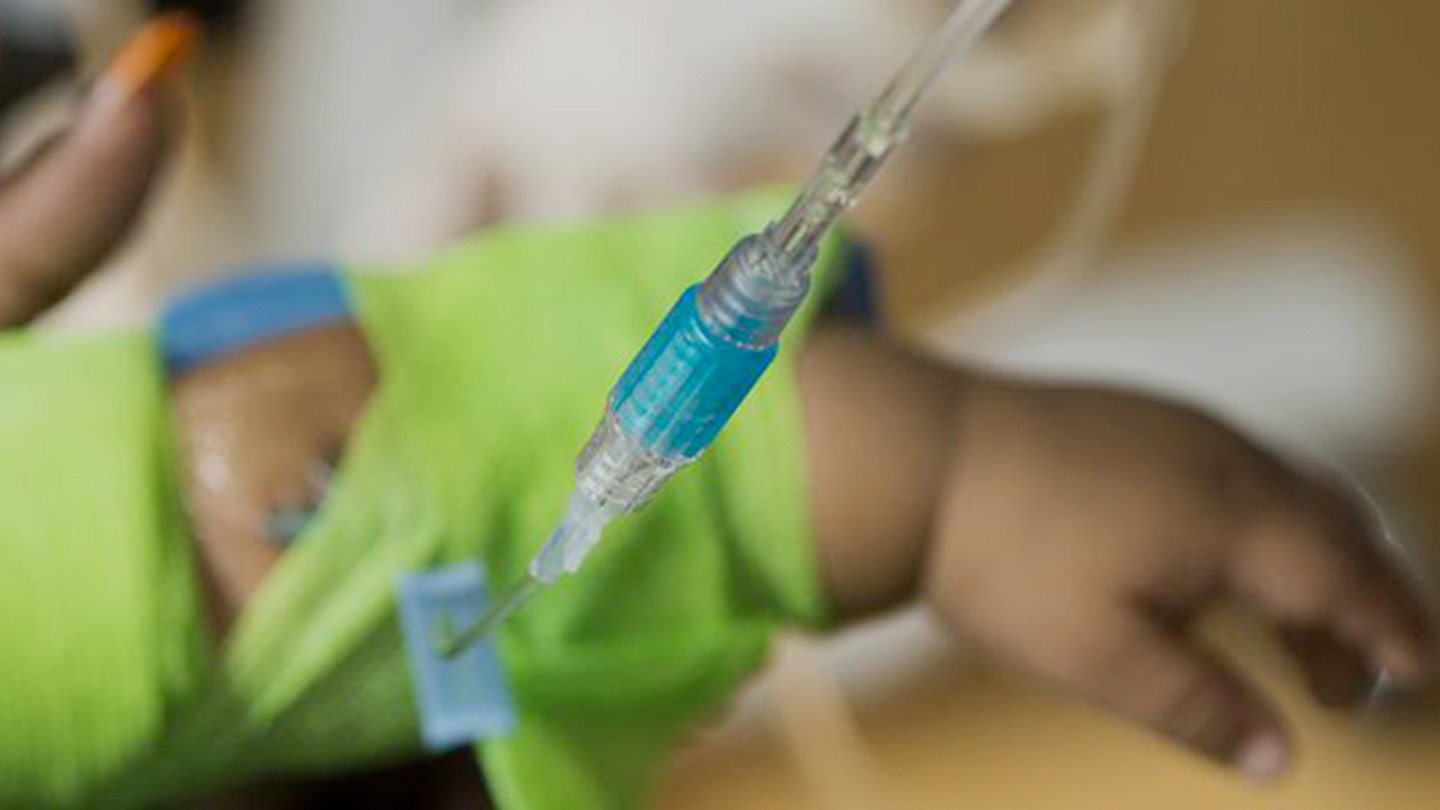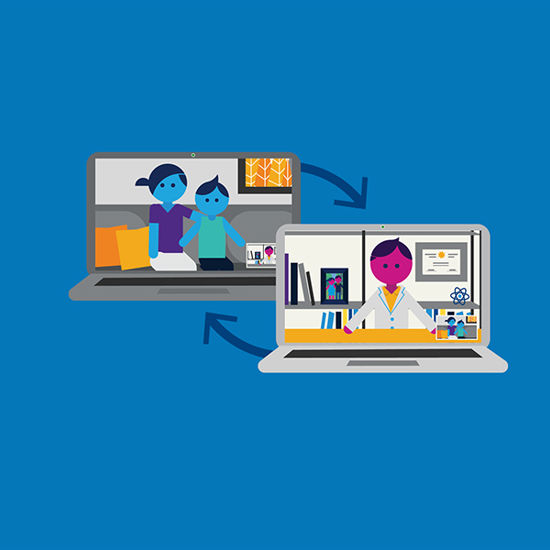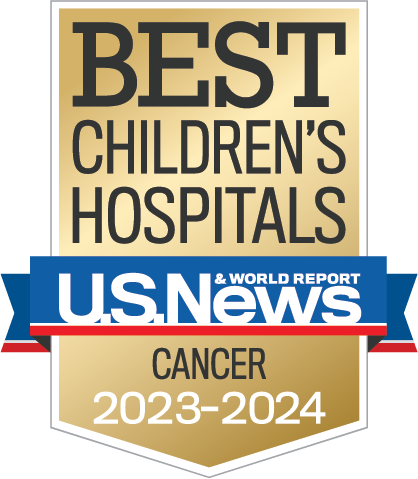- Doctors & Departments
-
Conditions & Advice
- Overview
- Conditions and Symptoms
- Symptom Checker
- Parent Resources
- The Connection Journey
- Calm A Crying Baby
- Sports Articles
- Dosage Tables
- Baby Guide
-
Your Visit
- Overview
- Prepare for Your Visit
- Your Overnight Stay
- Send a Cheer Card
- Family and Patient Resources
- Patient Cost Estimate
- Insurance and Financial Resources
- Online Bill Pay
- Medical Records
- Policies and Procedures
- We Ask Because We Care
Click to find the locations nearest youFind locations by region
See all locations -
Community
- Overview
- Addressing the Youth Mental Health Crisis
- Calendar of Events
- Child Health Advocacy
- Community Health
- Community Partners
- Corporate Relations
- Global Health
- Patient Advocacy
- Patient Stories
- Pediatric Affiliations
- Support Children’s Colorado
- Specialty Outreach Clinics
Your Support Matters
Upcoming Events
Child Life 101
Wednesday, June 12, 2024Join us to learn about the work of a child life specialist, including...
-
Research & Innovation
- Overview
- Pediatric Clinical Trials
- Q: Pediatric Health Advances
- Discoveries and Milestones
- Training and Internships
- Academic Affiliation
- Investigator Resources
- Funding Opportunities
- Center For Innovation
- Support Our Research
- Research Areas

It starts with a Q:
For the latest cutting-edge research, innovative collaborations and remarkable discoveries in child health, read stories from across all our areas of study in Q: Advances and Answers in Pediatric Health.

Approximately one in two men and one in three women will develop some type of cancer in their lifetime; one in 300 during their childhood. At least one in 10 people who develop cancer have an inherited risk factor. In these cases, a person has a mutation (change) in their genetic material. Whether new or inherited (passed down from parents), this mutation increases their chances of developing certain types of cancer.
About our program
At the Center for Cancer and Blood Disorders, we offer genetic counseling to families to help them understand their risk for cancer. By talking with a genetic counselor, you will learn how risk for cancer can be inherited and what steps you can take to prevent and detect cancer as early as possible. We also provide genetic evaluation and testing to clarify your family’s risk for cancer.
We have a multidisciplinary team of pediatric experts with complementary skills available to work with you and your family to help you understand hereditary cancer risk. Our combined expertise enables us to provide comprehensive care for children with an increased risk for developing cancer. Our team includes:
- Genetic counselors have specialized training in cancer genetics and counseling. They are trained to help individuals and families incorporate genetic information into their health and lives based on their culture and values.
- Social workers help with any psychosocial concerns related to living with a cancer predisposition.
- Nurse coordinators help track surveillance recommendations and triage health concerns that come up between appointments.
- Oncologists are cancer doctors who make medical recommendations and can diagnose medical conditions.
Why choose us for genetic counseling and testing for hereditary cancer?
Children’s Hospital Colorado established the first and only genetic counseling program in Colorado specifically for the evaluation of hereditary cancers in children. We have extensive experience in helping families understand their risk for cancer. In addition, our program was involved in founding the National Society of Genetic Counselors’ Cancer Special Interest Group’s Pediatric Subcommittee.
Our genetic counselors hold master’s degrees from training programs accredited by the American Board of Genetic Counselors (ABGC)/Accreditation Council for Genetic Counseling (ACGC). They are also actively involved as members of the National Society of Genetic Counselors and they are ABGC board-certified.
Who we serve
We work with families and children who are concerned about their risk for hereditary cancer or who have an increased risk for cancer based on their medical history, family history or genetic test results.
We also provide services to patients with cancer to try to identify the underlying cause of their diagnosis.
Services we provide
With a genetics consultation through the Center for Cancer and Blood Disorders, you can learn more about the possibility of hereditary cancer in your family.
Genetic counseling
Genetic counseling is a confidential face-to-face communication process between your family and your genetic counselor. Your genetic counselor will work with your child’s physicians to make recommendations for your child and your family regarding medical care based on your evaluation. Genetic counseling may include:
- Discussion of cancer and how it develops
- Collection of information about your family history of cancer. Individualized cancer risk assessment
- Recommendations for cancer screening and lifestyle changes for detecting and preventing cancer
- Options for genetic testing based on your history
- Exploration of the implications, risks and benefits of options in your situation
- Information about research studies relating to hereditary cancer
Coordination of genetic tests
We help coordinate genetic testing for families. Genetic testing analyzes specific genes for mutations associated with hereditary cancer, typically using a blood draw. Your genetic counselor will help you and your physician choose an appropriate genetic test based on the information discussed at your appointment. Whenever possible, it’s best to begin testing with a person in the family who has had cancer. If a gene mutation is found in one family member, other relatives can undergo genetic testing to see if they have inherited the same mutation.
Explanation of tumor test results
If you have a child who has been diagnosed with cancer and their oncologist has recommended tumor testing, our Cancer Predisposition Program can help clarify the test results. Tumor testing look at genes in your child’s cancer or tumor cells to look for mutations. This test may help your child’s doctor find treatments to target the mutation. Most mutations are not inherited, but some are. This test may find a mutation in the cancer or tumor cells that may be inherited. More testing would be needed to verify that the mutation is inherited. Knowing if a mutation is inherited might be important to prevent future health problems.
Oher risk evaluation methods
We use many different tools to determine a child’s risk for cancer. Information from the child’s family and medical history can guide recommendations, as can results from other types of medical tests. As part of our Cancer Predisposition Program, we have oncologists dedicated to caring for children with specific types of cancer and healthy children with risks for developing those cancers The team uses all of the tools available to make a plan that can reduce the risk of cancer and/or help detect cancers as early as possible.
Contact us
If you are concerned about your family history of cancer or would like more information about genetic counseling, ask your cancer medical care team or primary care provider about making a referral for genetic counseling. You can also contact one of the genetic counselors directly at 720-777-9808 or CCBDGCs@childrenscolorado.org.

Compassionate care, wherever you are
We’re here when you need us. Telehealth appointments are available across every specialty, so you can get the high-quality care we’ve always offered from the comfort, privacy and convenience of home.
See if telehealth is right for you



